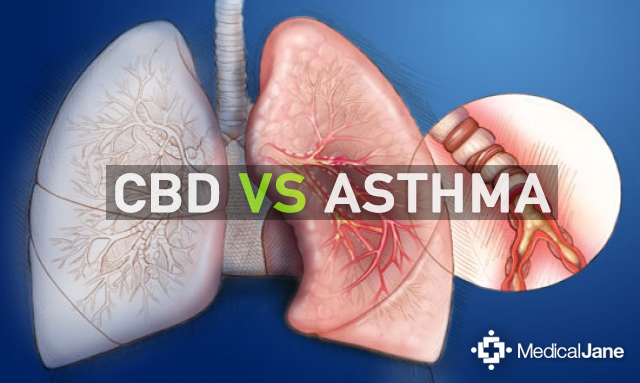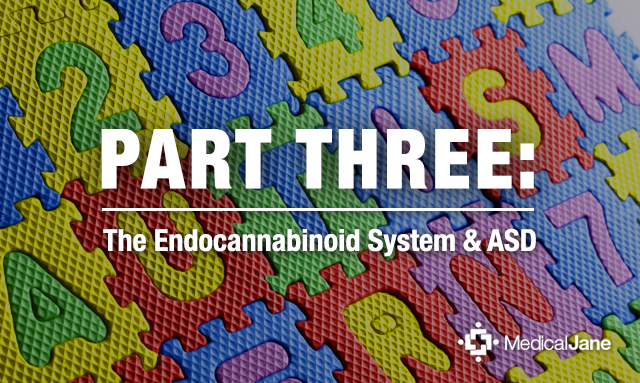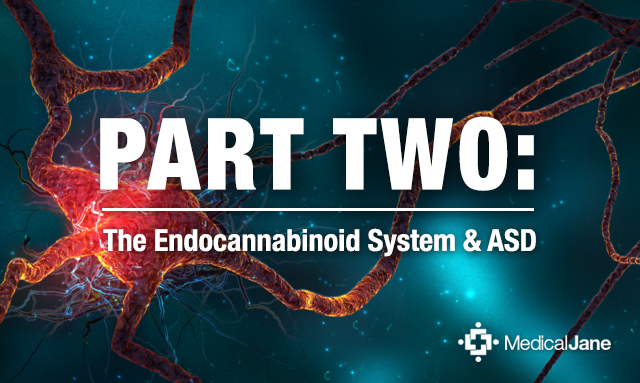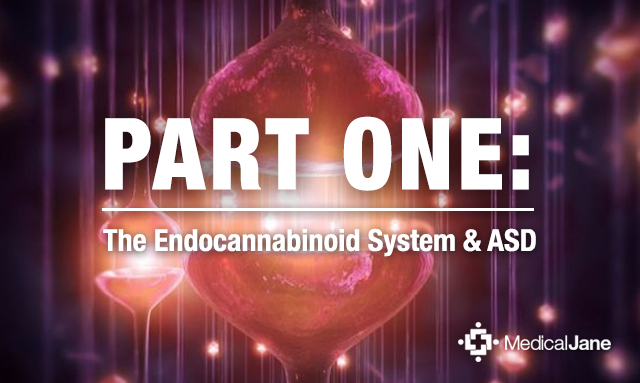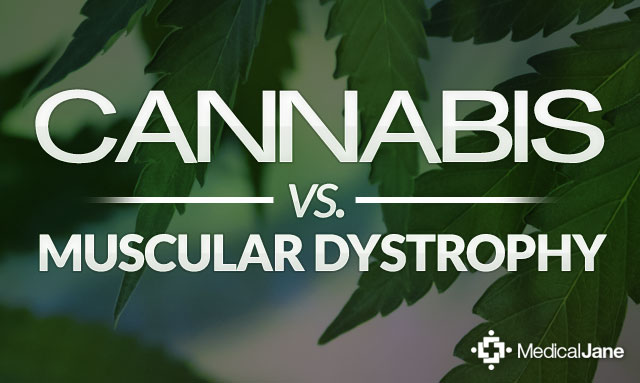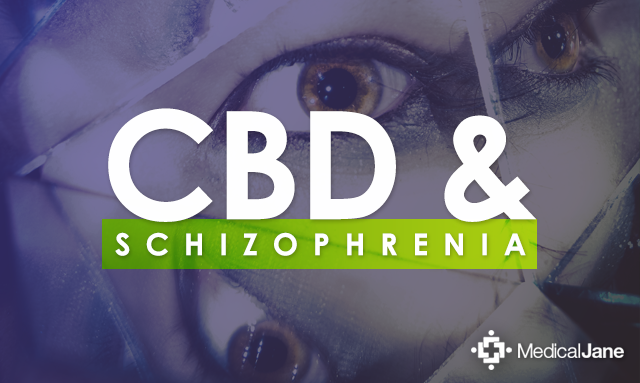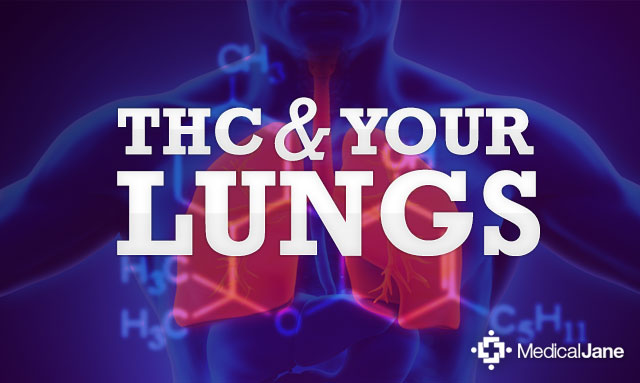Browsing Ailment Research
ShareTweet
Study: Marijuana Use Associated With 50% Lower Chance Of Developing Metabolic Syndrome
We’re all familiar with the “stoner” stereotype. Those who smoke marijuana are often portrayed by the media as “lazy” individuals who are prone to get the “munchies” — both of which are leading causes of metabolic syndrome. As such, one may assume that marijuana users would be at greater risk of metabolic syndrome than those who don’t smoke. However, a new study shows that’s just not the case. Cannabis Use Associated with Lower Rates of Metabolic Syndrome According to research published in The American Journal of Medicine, people who currently …
Study Supports Efficacy of Inhaled Cannabis in Reducing Neuropathic Pain Caused by Diabetes
Results of a randomized, double-blind, placebo-controlled crossover trial published in The Journal of Pain in July 2015 provide supportive evidence that inhaled, aerosolized cannabis may be effective for reducing pain experienced by patients with diabetes experiencing neuropathic pain. In separate testing sessions, 16 human participants were administered a placebo (i.e. inactive agent) and 3 different THC doses (low/1%, medium/4%, high/7%). “This adds preliminary evidence to support further research on the efficacy of the cannabinoids in neuropathic pain.” At each increasing dose, there was a more significant reduction in spontaneous pain (i.e. the response was “dose-dependent”). Further more, …
Study: Cannabidiol (CBD) as an Effective Asthma Treatment
Atopic diseases, or those that cause an individual to experience immediate allergic reactions (asthma being one of the more common), affect about 20 percent of the population in developed countries. Researchers looking for a way to combat the longtime public health concern conducted a series of tests involving the use of cannabidiol (CBD). Although the research used rats as subjects the results are nonetheless encouraging. Early research suggests that CBD is an effective treatment for minimizing the inflammation experienced by asthma sufferers. The Study With the approval …
Part Three: Practical Approach to Cannabis Based ASD Therapies
In our previous installment, we provided a brief overview of the preclinical research implicating the role that the endocannabinoid system (ECS) plays in the progression of autism spectrum disorder (ASD), preclinical research supporting targeting the ECS to treat ASD, and provided a number of preclinical studies indicating the potential value of phytocannabinoids in treating symptoms and diseases associated with ASD. Here we’ll examine the shortcomings of current research, explore possible adverse effects of cannabinoid treatments, discuss the types of autism that may currently warrant cannabinoid treatments, and illustrate how a family might systematically approach a cannabinoid treatment for …
Part Two: The Role of Phytocannabinoids in ASD Therapy
In part one of this series the preclinical scientific evidence illustrating the involvement of the endocannabinoid system (ECS) in the physiological progression of Autism Spectrum Disorder (ASD) was provided. Here we’ll highlight some of the pharmacological characteristics that phytocannabinoids share with endocannabinoids, the use of phytocannabinoids in the treatment of symptoms and diseases associated with ASD, and why having access to a variety of cannabis chemotypes will always be preferable to a select cannabinoid and/or ratio. The anecdotal reports of successful cannabinoid therapies seem to be supported by the fact that phytocannabinoids from cannabis, and other natural sources, …
Part One: The Endocannabinoid System and Autism Spectrum Disorder (ASD)
The importance of the discovery of the role that the endocannabinoid system (ECS) plays in human health and disease cannot be understated. Cannabinoid receptors are the most highly expressed of any G-protein coupled receptor (GPCR) in the body. They’re the only ones to play a direct role in virtually every aspect of the human body (CNS and immune systems, throughout the periphery, presynaptic, and postsynaptic).[1] It’s no wonder that anecdotal reports of cannabis treatments indicate effectiveness in such a wide array of conditions. The growing body of scientific research …
How Cannabigerol (CBG) May Help Battle Huntington’s Disease Symptoms
Huntington’s Disease is a genetic disorder that runs in families. If a child inherits the mutated HTT gene from a parent, they will eventually develop Huntington’s Disease at some point in their life. No current treatments can stop or reverse the disease’s progress, and drugs used for symptomatic relief have side effects ranging from fatigue to restlessness. The best possible treatment would be one that directly targets abnormal genes. Interestingly, a compound from cannabis may have this ability. How Cannabigerol (CBG) Fights Huntington’s Disease Most of the research on cannabis has been dedicated to …
Cannabis Shows Promise for Treating Symptoms of Muscular Dystrophy
Muscular dystrophies refer to a group of diseases that result in progressive degeneration of muscle mass. There are nine major types of muscular dystrophies, each causing unique manifestations of muscular deterioration. Over time, some patients may have trouble breathing or swallowing, and some will lose the ability to sit up or walk. Muscular dystrophy is genetic. Symptoms may start to develop as early as infancy or may not present until later in adulthood. Duchenne Muscular Dystrophy (DMD) is one of the most common types of the disease. DMD appears early in childhood and affects …
Systematic Review: Cannabidiol (CBD) in the Management of Schizophrenia
A recent systematic review published in Schizophrenia Research in March 2015 finds that the use of cannabidiol (CBD), a phytocannabinoid (i.e. a cannabinoid found in the cannabis plant) may be helpful in the management of psychotic symptoms (which are characterized by a “loss of contact with reality”), such as those experienced by individuals with schizophrenia. What is Schizophrenia? Schizophrenia is a psychotic mental health disorder (one characterized by “abnormal thinking and perception”) with co-occurring changes in mood and behavior. Symptoms may include: …
Cannabis Smoke May Benefit Asthma and Lung Functions
The unique nature of cannabis is demonstrated partly by the special characteristics of its smoke. Unlike virtually all other forms of smoke, which impair lung function, cannabis smoke may actually improve it. That being said, vaporizing cannabis is clearly the superior alternative to smoking cannabis, as it provides the medicinal compounds of marijuana without the negative side effects of smoke (such as carcinogens and other cancer-causing chemicals). Regardless, many studies have shown that cannabis use may benefit asthma patients and enhance general lung function by acting as a bronchodilator, rather …


